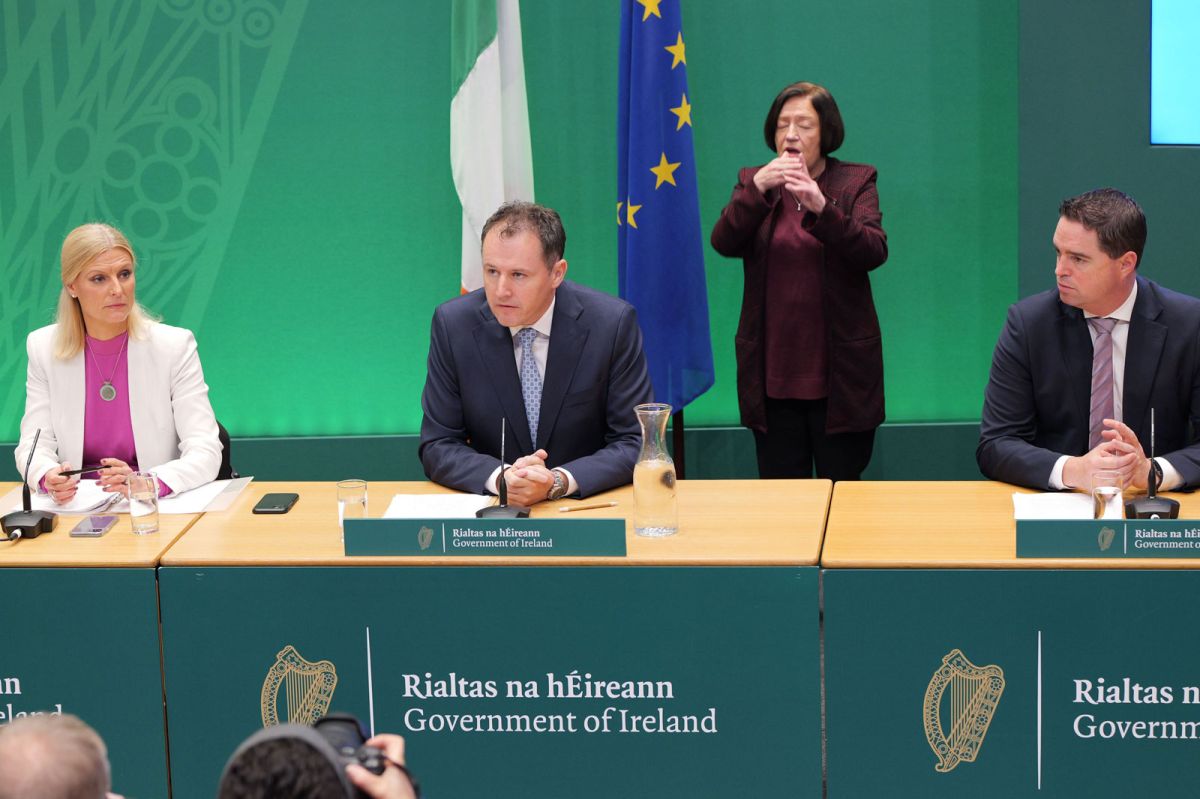Agriculture-related Budget measures

On the positive side, many of the existing farm taxation relief measures were continued. These include Consanguinity Relief which has been extended to the end of 2028, continuing the reduction from 7.5% to 1%. In a nod to the ongoing emphasis on farm safety, the Accelerated Capital Allowances for farm safety equipment of 50% per annum has been extended to December 2026. Stock Relief for young, trained farmers, relief for succession farm partnerships and young, trained farmers stamp duty relief have been retained with increase in the aggregate lifetime relief available from €70,000 to €100,000. Likewise, Stock Relief for registered farm partnerships is being retained with an improvement in the threshold from €15,000 to €20,000 within the prescribed timescales.
There are no changes in Inheritance Tax upper limits, while the Capital Gains Tax Retirement Relief, had the age limit increased to seventy years of age. While these extensions and age and threshold improvements are welcome, the reality is that with inflationary impacts on land prices, there is an ongoing erosion in the value of the relief, because there continues to be no recognition of the need to include an index reflecting the increases in land prices in recent years.
Because of the exploitation by some non-farming investors of the Land Leasing Tax Relief measures, which have had such a positive impact in eliminating the con-acre system in favour of extended land-leasing contracts, the Relief is being amended to make it available only when the land has been owned for seven years.
Other measures of relevance to farmers include a reduction in the VAT Flat Rate Refund for farmers. From next January the refund will reduce from 5.0% to 4.8% for non-registered farmers. That has been estimated to cost farmers €18 in a full year.
The Department of Agriculture provided a breakdown of the major support measures being financed for the coming year across various sectors. There is €113m in supports for the beef and sheep sectors, specifically €200/suckler cow and €20/ewe, with an additional €8 per ewe available with conditions. There is €700m directed towards various agri-environment initiatives. Measures to support slurry management are also indicated in the Budget including a 70% TAMS grant aid for slurry storage facilities for farmers that enter a contract to import slurry. There are new separate TAMS investment ceiling for all farmers building additional slurry storage facilities above what is required under regulations.
In some recognition of the hardships being endured by tillage farmers, an €8m allocation has been provided on top of the existing emergency aid already in place. ACRES, which has been the work focus of many Teagasc advisors in recent days and weeks, has seen funding increased by €40 million for 2024 which should provide adequate funding for 50,000 farmers to sign up. The heavily adopted soil sampling and multispecies swards scheme has been extended to allow up to 90,000 samples to be supported over the next eighteen months.
The ongoing drive for more Organics sees a €57m allocation to the sector. There is a €110m for the Forestry Programme, with as yet, no precise measures announced to resolve the Ash Dieback debacle. The Dairy Beef scheme is to be allocated a further €1.5m, bringing the total fund to €6.5m. A €5m genotyping programme is being supported, as previously flagged. R&D funding under the Department’s remit has been increased and there is a specific €8m for capital investment being directed to the food sector. The support measures for horticulture continue with €3m specifically directed towards encouraging producer organisations within the fruit and vegetable sector. Minister of State Martin Heydon, who has responsibility for farm safety, will be pleased with the €2.5m farm safety, health and wellbeing fund in place for 2024.
Out of the €788m carbon tax revenue being raised, the DAFM will receive an increase of €32 million.





